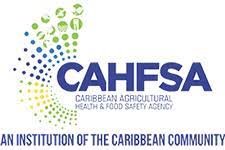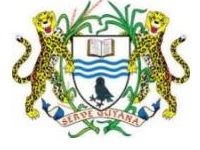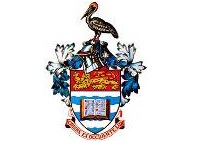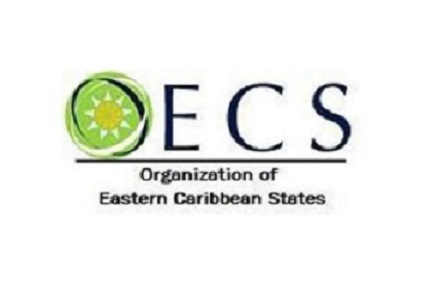Climate change has had disastrous consequences in many corners of the world. Plant pests and diseases have steadily increased as some non-native species have found themselves with perfect climate conditions to increase their populations. Biological changes have included interbreeding as species habitats change resulting in the hybridization of species.
One species that climate change has impacted is the water hyacinth (Eichhornia crassipes), native to South America, which can now be found in parts of every continent. This species is a pest, it kills fish populations, deoxygenates rivers, and reduces food supply and income for local communities. There has also been a decline in coral reefs due to mass bleaching, which is caused by climate change. Rising ocean temperatures and ocean acidification have also been attributed to this.
Climate change has impacted Caribbean countries as most sectors – agriculture, fishing, and tourism have felt the impact of climate change. The agriculture and fishing industries have seen an increase in plant pests and diseases, also aquatic invasive species. Tourism has suffered due to sargassum seaweed which has made a reappearance on the beaches of Caribbean countries like St. Lucia.
Presently, Caribbean countries are working towards finding sustainable ways in which to improve their vulnerable sectors like agriculture wherein, they are implementing climate-smart technologies and using innovative technology like hydroponics and aquaponics to build a better future.
Source:
International Union for Conservation of Nature (IUCN)- https://www.iucn.org/resources/issues-briefs/species-and-climate-change
The Intergovernmental Panel on Climate Change – IPCC
https://www.iadb.org/en/ove/climate-change-caribbean-small-island-states – Inter-American Developmental Bank
https://eos.org/articles/saint-lucia-works-to-release-itself-from-sargassums-stranglehold -EOS













